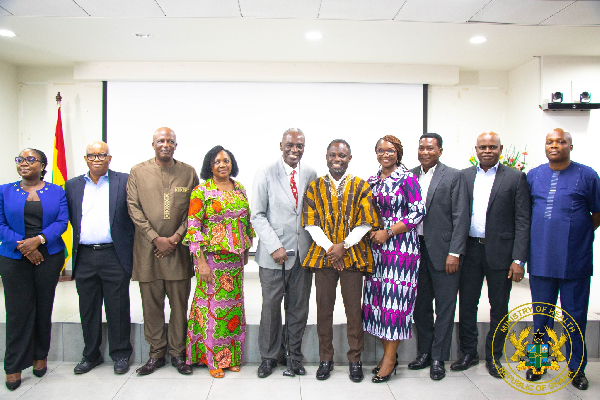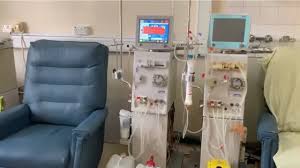Got Questions? Email: info@rxaccredit.com
HIV on the Rise in Central Region: What You Need to Know
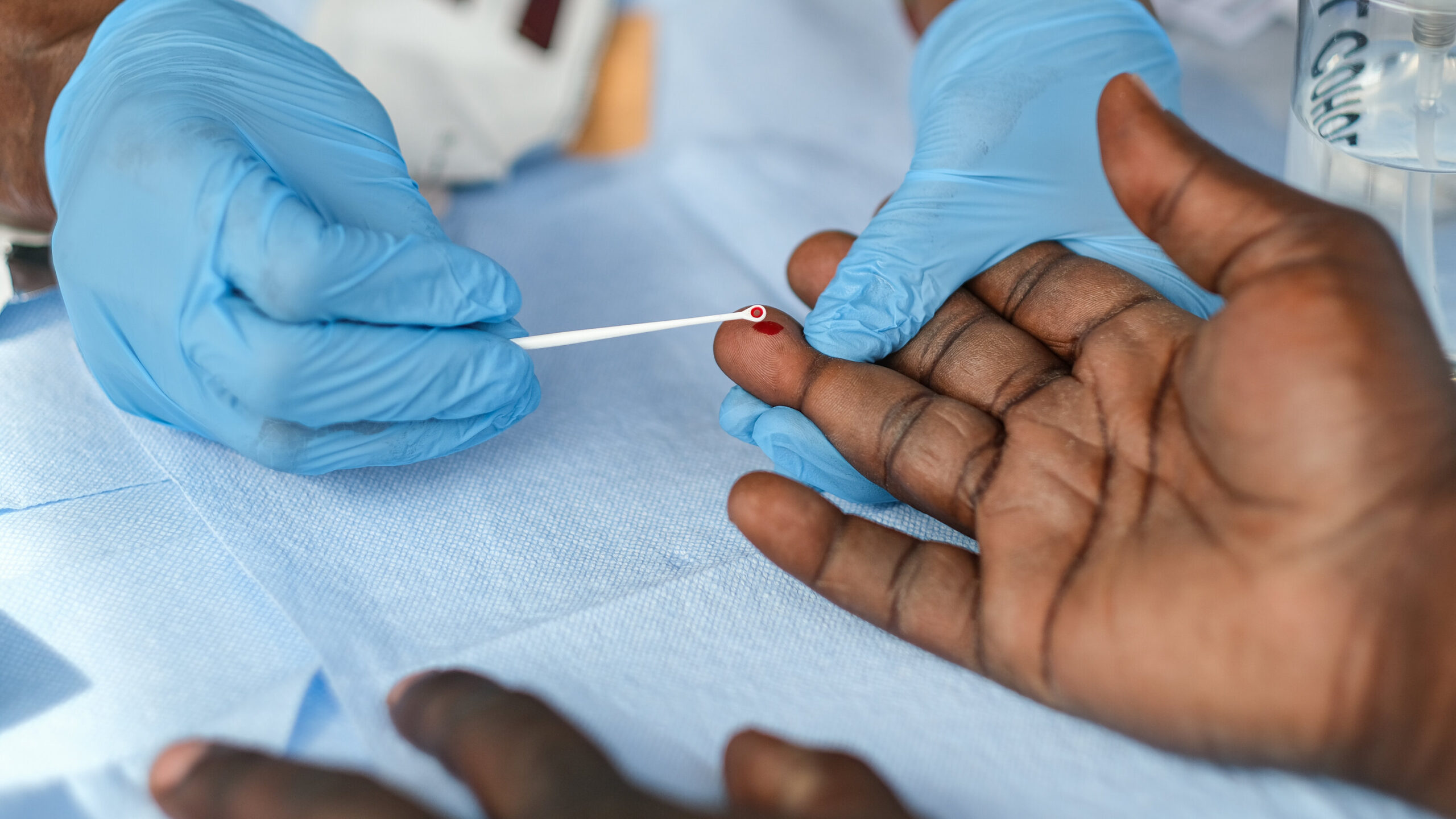
Recent reports have revealed a worrying trend in Ghana’s Central Region: HIV infections are on the rise, with nearly 4,000 new cases recorded in recent months. This alarming increase serves as a stark reminder that HIV remains a significant public health challenge, and collective action is needed to curb its spread.
For many, this news may come as a surprise, especially with the progress made in HIV awareness and treatment over the years. However, the data highlights the importance of staying vigilant and informed. Here’s what you need to know about the situation and how you can protect yourself and your loved ones.
Understanding the Numbers
The Central Region, known for its vibrant communities and rich cultural heritage, is now facing a growing health crisis. Nearly 4,000 new HIV infections have been reported, signaling a need for urgent action. While the reasons behind this increase are still being investigated, experts point to factors such as low awareness, stigma, and risky behaviors as potential contributors.
This rise in cases is not just a statistic – it represents real people, families, and communities affected by the virus. It also underscores the need for renewed efforts in education, testing, and access to treatment.
Breaking the Stigma
One of the biggest barriers to combating HIV is stigma. Many people are afraid to get tested or seek treatment due to fear of judgment or discrimination. This silence only fuels the spread of the virus, as individuals may unknowingly transmit it to others.
It’s time to change the narrative. HIV is a medical condition, not a moral failing. By fostering open conversations and creating supportive environments, we can encourage more people to get tested and seek care without fear.
Prevention is Key
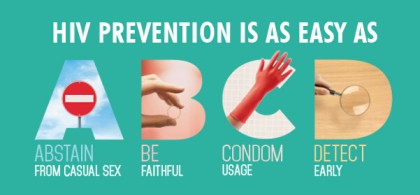
The good news is that HIV is preventable. Here are some practical steps you can take to protect yourself and others:
- Get Tested Regularly: Knowing your status is the first step in taking control of your health. Free testing is available at many health facilities across the region.
- Practice Safe Sex: Consistently using condoms during sexual activity significantly reduces the risk of transmission.
- Educate Yourself and Others: Stay informed about HIV and share accurate information with your community. Knowledge is power!
- Support Those Living with HIV: If someone discloses their status to you, offer compassion and encouragement. Everyone deserves to live a life free from judgment.
The Role of the Community
Addressing the rise in HIV infections requires a collective effort. Community leaders, healthcare providers, and individuals all have a role to play. Initiatives such as awareness campaigns, free testing drives, and accessible treatment options can make a significant difference.
The government and NGOs are also stepping up their efforts to tackle the issue. However, lasting change begins at the grassroots level. By working together, we can create a society where HIV is no longer a threat to our health and well-being.
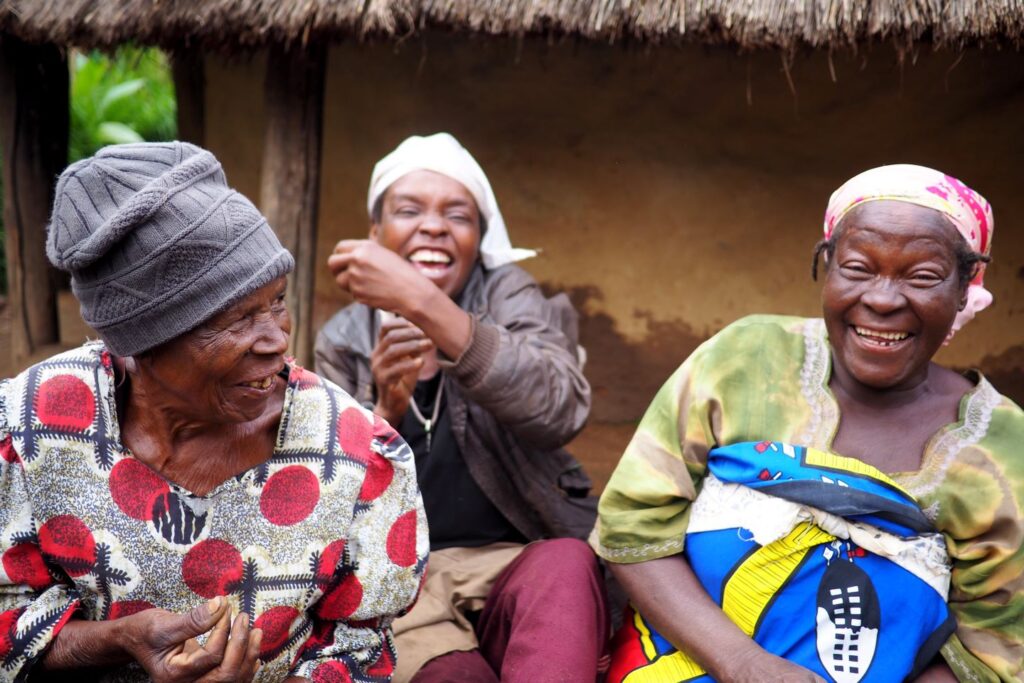
A Call to Action
The rise in HIV infections in the Central Region is a wake-up call for all of us. It’s a reminder that the fight against HIV is far from over and that complacency can have serious consequences.
Let’s use this moment to recommit to prevention, education, and support. Whether it’s getting tested, spreading awareness, or advocating for better resources, every action counts. Together, we can turn the tide and create a healthier future for everyone.

